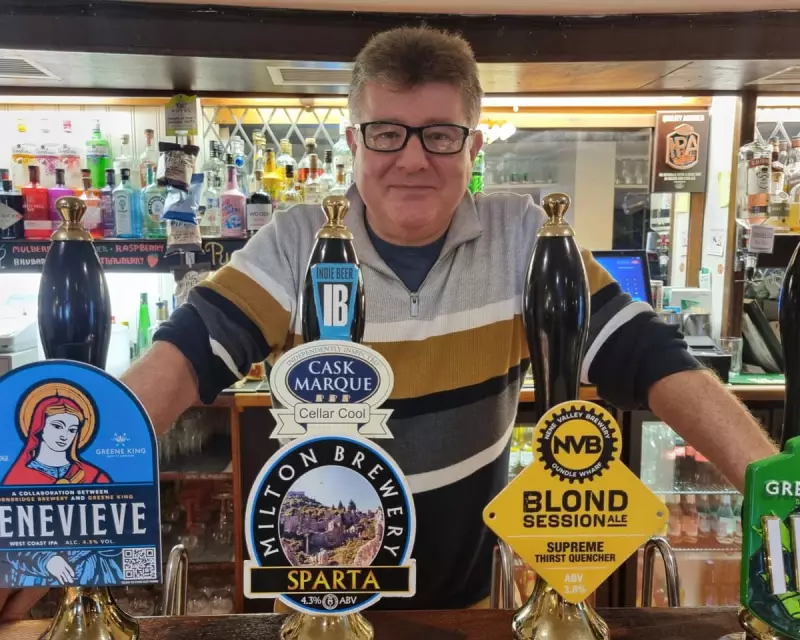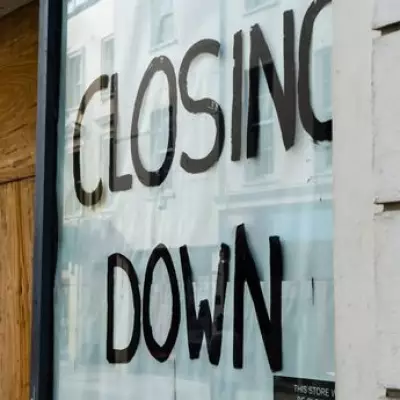
The Great British Pub Quiz Cheating Epidemic
Across Britain's pubs, a silent battle is being waged against a modern-day menace threatening one of our most cherished traditions: the pub quiz cheat armed with a smartphone. Recent incidents have highlighted how digital technology is transforming the landscape of this beloved weekly ritual, forcing quizmasters to innovate in their fight against dishonesty.
Confessions and Consequences
In a remarkable display of conscience, Cambridge landlord and quizmaster David Moyce experienced something few in his position ever witness: a cheater returning their ill-gotten gains. After banning a group of students who won under suspicious circumstances, one young man later approached Moyce with a confession and returned his share of the prize money.
"There was no proof initially," Moyce explained. "But then one of the gentlemen came back, handed over some money and admitted they'd cheated. The guilt must have been so heavy on him that he literally handed his share back. None of the others did though, so maybe he slept better than the other four."
The Technology Arms Race
Other pubs have embraced technological solutions to combat technological cheating. Some establishments now use dedicated quiz apps where participants must answer on their phones - with systems that detect and penalise players who suspiciously switch to other applications during the game.
David Hartley, a 33-year-old quizmaster from Staffordshire with nearly a decade of experience, has witnessed the cheating evolution firsthand. "I think it's definitely more prolific now, especially with smartwatches - even if you don't have a phone in your hand, there's still a way for you to be able to cheat," he noted.
Hartley implemented a device ban two years ago across the four venues he hosts, stating simply: "It just takes the mickey out of your quizmaster, if all you're going to do is sit on your phone."
Traditional Values in Modern Quizzing
At The Prince of Wales in Highgate, north London, a different approach prevails. According to Marcus Berkmann, who has competed in over 200 quizzes there and now regularly writes questions, the community self-polices with remarkable effectiveness.
"We're very harsh on anyone who cheats, so no one does it," Berkmann revealed. "The regulars would rather boil themselves in oil than cheat. Occasionally, you read out a warning and say: 'We're testing you on what you know, not what you can look up on Google,' and people generally go along with that."
A Historical Perspective on Quiz Cheating
While smartphone cheating might feel like a modern phenomenon, dishonest tactics in pub quizzes predate the internet era. Gail Taylor recently confessed to elaborate cheating schemes in Sheffield pubs during the 1980s that involved bugging devices and accomplices waiting outside in vans with encyclopedias.
"Something always went wrong," Taylor recalled of her sophisticated operation. "If the signal didn't work, we'd write the questions down, rush out to the van with two pints and a list, then someone else would go out and bring back the answers. Nobody seemed to catch on what we were doing."
Unlike the remorseful student in Cambridge, Taylor expresses no regret about her historical cheating, declaring: "I don't feel guilty about it at all. And if I had the chance, I'd do it again tomorrow."
The Scale of Britain's Quiz Obsession
The passion for pub quizzes in the UK remains remarkably strong. According to a recent survey commissioned by brewer Greene King, 70% of people regularly take part in pub quizzes, with almost one in ten Britons attending every single week.
The tradition, which became popular in the 1970s thanks to companies like Burns and Porter supplying ready-made quizzes, perfectly combines two great British pastimes: drinking and the pleasure of being right.
As the battle against cheating continues, quizmasters can take comfort in knowing their predecessors faced similar challenges - even if yesterday's encyclopedia-cheats seem almost quaint compared to today's smartphone-wielding offenders.





